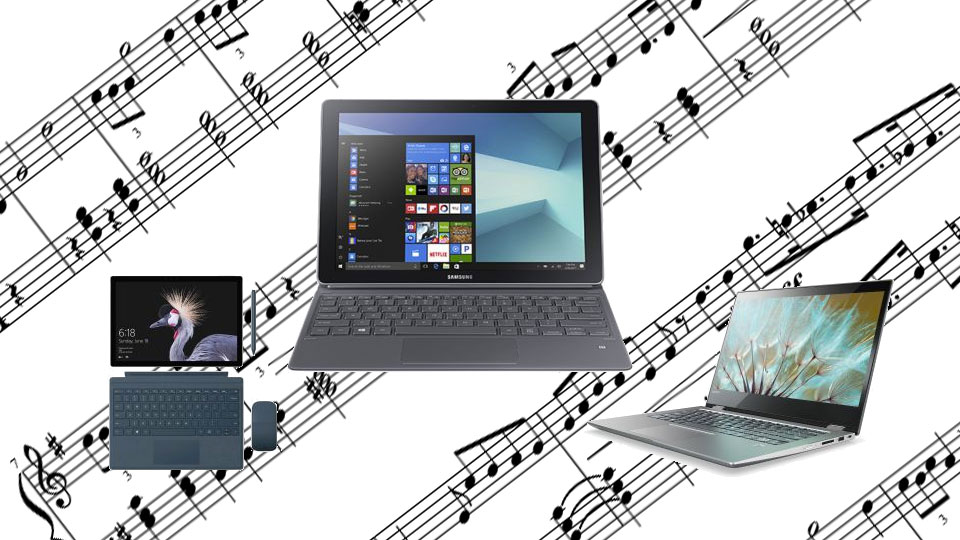Meta's new music AI could change how you craft soundtracks and tunes
It's like ChatGPT, but for music

Sign up for breaking news, reviews, opinion, top tech deals, and more.
You are now subscribed
Your newsletter sign-up was successful
The hills are alive with the sound of AI-generated music as Meta launches its new language learning model (LLM): the aptly named MusicGen.
Developed by the company’s internal Audiocraft team, MusicGen is like a musical version of ChatGPT. You enter a brief text description of the type of music you want to hear, click Generate, and in a short amount of time, the AI creates a 12-second long track according to your instructions. For example, someone can tell MusicGen to generate a “lofi slow BPM electro chill [song] with organic samples” and sure enough, the audio sounds like something you’d hear on YouTube’s Lofi Girl radio.
It is possible to “steer” MusicGen by uploading your own song so the AI has a better sense of structure. One of the developers for the LLM, Felix Kreuk, posted some samples of what this sounds like on his Twitter profile. As an example, MusicGen can take Sebastian Bach’s famous Toccata and Fugue in D Minor then add some drum beats and synths straight out of the 1980s to produce a more upbeat version of the piece.
We present MusicGen: A simple and controllable music generation model. MusicGen can be prompted by both text and melody. We release code (MIT) and models (CC-BY NC) for open research, reproducibility, and for the music community: https://t.co/OkYjL4xDN7 pic.twitter.com/h1l4LGzYgfJune 9, 2023
Availability
MusicGen is currently available to the public on Meta’s Hugging Face website for everybody to try out. Do be aware that, unlike Google's own AI music generator MusicLM, Meta's model can't do vocals, only instrumentals. This is probably for the best as MusicLM vocals sound a lot like Simlish. No one will be able to understand a single thing.
To the musicians out there, you don’t have to worry about losing your careers. The AI is decent at making simple, short melodies, but not much else. In our opinion, the quality isn’t on the same level as something made with human ingenuity. Some of the songs can get pretty repetitive as MusicGen cycles through the same progressions multiple times. This tool can be useful for creating plain background audio for videos or presentations, but nothing truly engaging. The next pop hit won’t be AI-generated – at least not yet.
Act fast
If you are interested in trying out MusicGen, we recommend acting fast. First of all, the Hugging Face website is unstable. We had a ton of AI-generated songs ready to share. However, the web page crashed while working on this piece severing our connection to the tracks. We suspect the dead links were caused by sudden high user traffic. Hopefully, by the time you read this, Hugging Face is working properly.
The second reason is a more litigious one. On the official GitHub page, Meta states its team used 10,000 “high-quality [licensed] music tracks” plus royalty-free songs from Shutterstock and Pond5. Ever since the generative AI craze took off earlier this year, artists have begun to sue developers and platforms alike over “illegal use of copyrighted works.” Meta might soon find itself in the crosshairs of some crossed musicians. Even if it doesn’t get sued over using licensed music to train the LLM, record companies aren’t afraid to flex their industry muscle to shut down this type of content.
Sign up for breaking news, reviews, opinion, top tech deals, and more.
If you're looking for details on how to use AI to generate images, be sure to check out TechRadar’s list of the best AI art generators for 2023.

Cesar Cadenas has been writing about the tech industry for several years now specializing in consumer electronics, entertainment devices, Windows, and the gaming industry. But he’s also passionate about smartphones, GPUs, and cybersecurity.